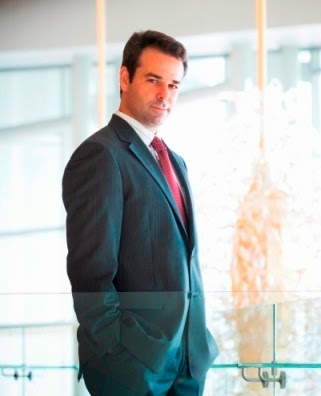 |
| A scene from Don Bucefalo by Cagnoni, WFO 2014 |
An estimated 5 million people around the world will tune in
on Saturday, 1 November at 8pm for the sold-out performance of the Italian
comic opera, Don Bucefalo by Antonio Cagnoni, when it broadcasts to eleven
European Broadcast Union (EBU) national public radio stations across the globe
via media partner RTÉ lyric fm, live from what is now officially recognised as
Ireland’s National Opera House.
The opera will feature as part of Opera Night on RTÉ lyric
fm, presented by Bernard Clarke. This live transmission will, on 1 November be
available in Australia, Canada, USA, Spain, Germany, Poland, Estonia, Bulgaria,
Slovenia, Switzerland and Ireland. The
performance from Wexford will be further broadcast to even more countries in
the coming weeks and months as a deferred broadcast.In addition, Wexford’ two other mainstage productions this year will also be broadcast on RTÉ lyric fm, with a live transmission of Salomé by Antoine Mariotte, a rarely-performed operatic version of Oscar Wilde’s perceptive play, on Friday, 31 October and a pre-recorded performance on Saturday, 8 November of the Pulitzer Prize-winning opera, Silent Night by Kevin Puts, set against the backdrop of the spontaneous 1914 Christmas truce between enemy combatants in the First World War. All three operas will be broadcast at 8pm GMT. www.rte.ie/lyricfm/opera-night/
Every year, Wexford Festival Opera welcomes hundreds of
music lovers through its doors to experience unique and mesmerising
performances. Since its inception in
1951, the Festival has continually attracted audiences from all over the world
who wish to sample lesser-known and unjustly neglected works in the small, yet
culturally vibrant Irish town. Indeed,
Wexford Festival Opera has had a long history of reaching out to all corners of
the globe and participation with the European Broadcasting Union in conjunction
with media partner RTÉ lyric fm, increases the ability to reach out to new
audiences.
RTÉ lyric fm – Opera Night – 96-99 fm
Friday, 31 October – 8pm Live Broadcast – RTÉ lyric fm only
Salomé by Mariotte
Saturday, 1 November – 8pm GMT Live EBU Broadcast*Don Bucefalo by Cagnoni
Saturday, 8 November – 8pm GMT - Deferred Broadcast - RTÉ lyric fm only
Silent Night by Kevin Puts
*Participating EBU Radio Stations – Saturday, 1 November,
2014 8pm GMT:
USWDAV: United StatesAUABC: Australia
ESRTVE: Spain
CASRC: Canada
CHRTS: Serbia
DESR: Germany
PLPR: PolandEEERR: Estonia
BGBNR: Bulgaria
SIRTVS: Slovenia
RSRTS: SwitzerlandRTÉ lyric fm: Ireland








